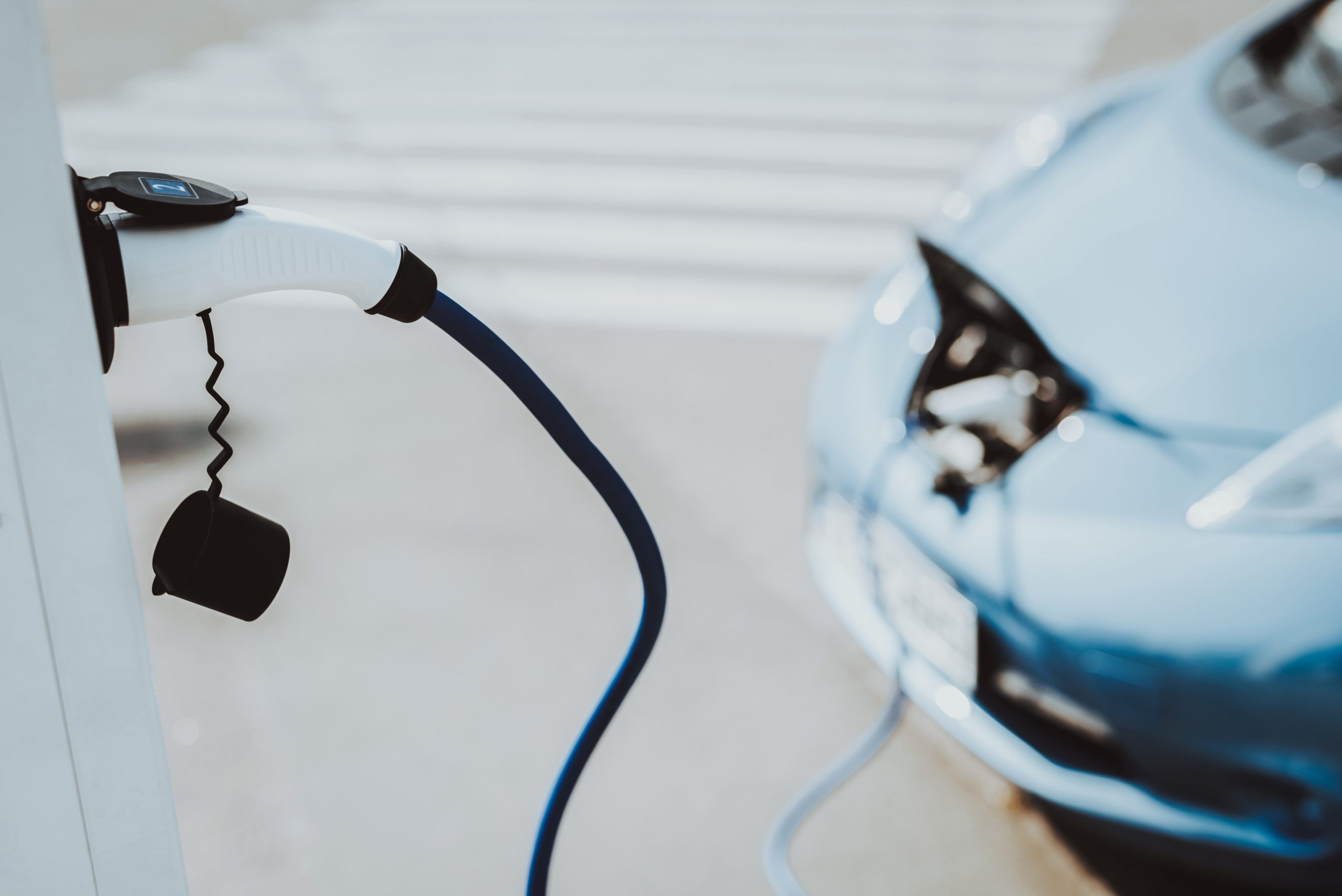 Image Source: 123rf.com
Image Source: 123rf.com
President-elect Donald Trump’s proposed 100-day plan includes significant policy shifts poised to impact the U.S. auto industry. Key elements of this plan involve rolling back existing electric vehicle (EV) subsidies, revising emissions standards, and implementing trade policies aimed at bolstering domestic manufacturing. These initiatives could alter the trajectory of automotive innovation, production, and consumer adoption in the coming years.
What will these changes do for the auto industry? More importantly, how will it impact the economy and consumers? Here’s a look at the potential effects of Trump’s 100-day plan.

Rolling Back Electric Vehicle Subsidies
A central component of Trump’s plan is the elimination of federal tax credits for electric vehicle purchases. Currently, these credits offer up to $7,500 per EVmaking them more affordable for consumers. The removal of these incentives could lead to a decline in EV sales, affecting automakers who have heavily invested in electric mobility. Industry experts warn that such a move might slow the transition to cleaner transportation options. Additionally, it could hinder the U.S. auto industry’s competitiveness in the global EV market, where other nations continue to support electric mobility.
Revising Emissions and Fuel Economy Standards
Trump’s agenda includes rolling back emissions and fuel economy standards to 2019 levels. This policy shift aims to reduce regulatory burdens on automakers, potentially lowering production costs. However, it may also result in increased greenhouse gas emissions, raising environmental concerns. The move could create a fragmented regulatory environment, especially if states like California continue to enforce stricter standards. Automakers might face challenges in navigating differing state and federal regulations. The long-term impact on vehicle innovation and public health remains a topic of debate.
The plan also proposes tariffs on global battery materials to encourage U.S. production. This strategy seeks to reduce reliance on foreign supply chains, particularly from China. While it could stimulate domestic manufacturing and job creation, it may also lead to increased production costs for automakers. Consumers might experience higher vehicle prices as a result. The effectiveness of these tariffs in achieving energy independence and economic growth is yet to be determined.
That said, the incoming administration is focused on having more products manufactured in the United States. There will still be advanced manufacturing tax credits that will reward the production of products in the U.S., such as EV batteries.
“The American people reelected President Trump by a resounding margin, giving him a mandate to implement the promises he made on the campaign trail, including stopping attacks on gas-powered cars,” Trump-Vance Transition Spokeswoman Karoline Leavitt wrote in an email statement. “When he takes office, President Trump will support the auto industry, allowing space for both gas-powered cars and electric vehicles.” So, how will all of this impact automakers and consumers?
Impact on Automakers and the EV Market
Automakers have invested billions in EV development, anticipating a growing market supported by federal incentives. The proposed policy changes could disrupt these plans, leading to financial losses and strategic realignments. Companies like Tesla, which have benefited from subsidies, may need to adjust their business models. Traditional automakers might slow down or halt their EV programs in response. The overall pace of innovation in the auto industry could be affected.
There are already drastic changes happening in the automotive industry. Dealerships are going out of business left and right. Not to mention, carmakers like Nissan are struggling to keep up with all of the changes. While the company is working on modernizing its lineup, changes in Trump’s 100-day plan might have a significant impact on whether Nissan is able to keep its head above water. Could the proposed tariffs and EV changes be the nail in the coffin for automakers like Nissan? Time will tell.
Consumer Implications
For consumers, the elimination of EV tax credits means higher upfront costs for electric vehicles. This change could deter potential buyers, slowing the adoption of cleaner transportation options. Additionally, relaxed emissions standards may result in a market with fewer fuel-efficient vehicle choices. Consumers might face higher fuel expenses over time.
Overall, it will likely put EVs out of reach for many consumers. Legacy carmakers like GM and Hyundai have worked to offer a wider range of electric cars. However, the proposed changes might slow down the growth of this sector. In the end, EVs might be more expensive or harder to find.
Environmental and Economic Considerations
Of course, there are both people who support and oppose Trump’s plan to shake up the auto industry. Removing EV incentives and rolling back emissions standards could potentially hinder progress from an environmental standpoint. Trump has made it known he’s not buying into the climate change discussion. Where the economy is concerned, proposed tariffs are likely going to cause some static with foreign suppliers. Trump’s plan is supposed to boost domestic manufacturing, but this will probably increase costs for consumers and also lead to trade tensions (possibly even retaliation). Finding a balance between economic growth and environmental responsibility is, and will continue to be, a hot-button issue in the coming months. Ultimately, the auto industry’s future will depend on how these factors are managed in the coming years.
What do you think about Trump’s proposed changes?
Read More
Digital License Plates Hacked: How Cybercriminals Can Shift Tolls and Tickets to You
Mass Deportation – Part Two: Impact on You and Economy
Source link




GIPHY App Key not set. Please check settings